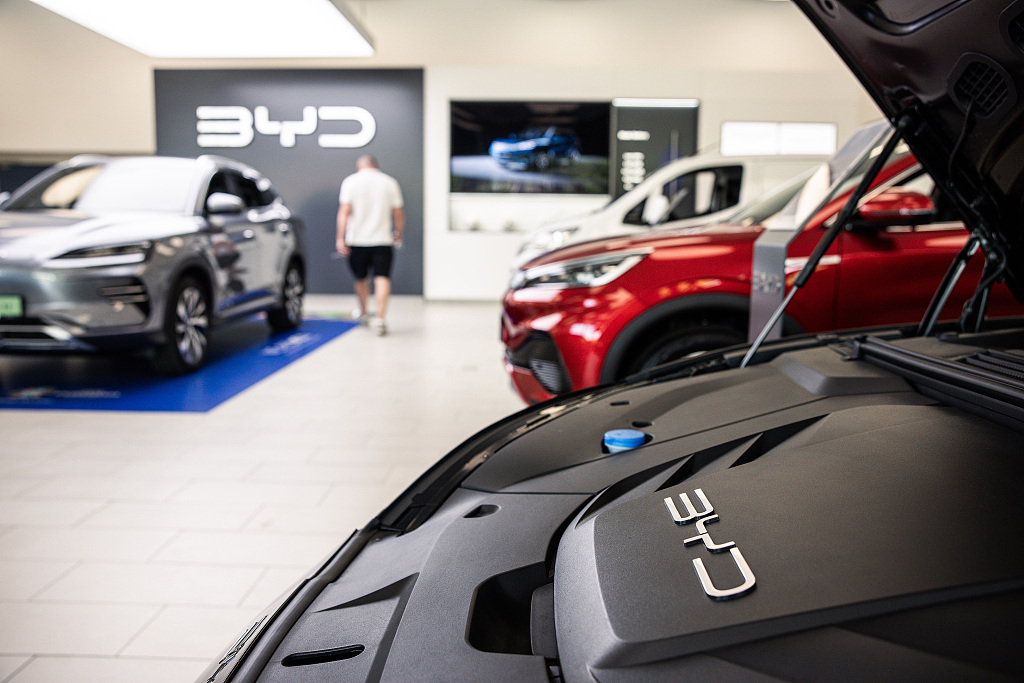Hungarian economy minister Nagy Mattoon said at a press conference on the 10th that in order to accelerate the EU’s transition to electric vehicles, the Hungarian National Competitiveness Commission has presented the EU with a draft package of 11 measures, and EU officials have generally responded positively to the draft. Nagy Mattoon stressed that sales of electric cars are expected to continue to grow around the world and that Europe has lagged behind in electric vehicle sales, with wide variations among EU member states, only through comprehensive programmes can this situation be changed.
It was reported that Hungary’s package to accelerate the transition to electric vehicles included a robust charging infrastructure with a charging station every 50 kilometres in EU countries and charging devices in 80 per cent of petrol stations; Support for public and home charging stations; simplification of licensing procedures; 4,500 euros in subsidies for EU citizens buying electric cars; To encourage the EU used car market to buy and lease used electric cars and subsidies, etc. .
Nagy Mattoon said the issue was not the duties but the Chinese response to the EU’s imposition of provisional anti-subsidy duties on Chinese electric cars from May. “Hungary has made the right strategic choice and has achieved co-operation between eastern and western capital,” he said, stressing that, the BYD Segurd plant was in Hungary even before the European Union imposed“Protective tariffs”.

File photo: the 2024 BYD Auto Exhibition Hall in Budapest, Hungary, May 27,2010.
According to reports, the Hungarian government has previously expressed opposition to the EU against China’s electric vehicle levy temporary anti-subsidy duties. “We have always believed that cooperation with China is an opportunity for Hungary,” Sialdo, Hungary’s foreign minister, said during a visit to China in late April, opposition to China as a threat, has always believed that“China as a threat will only miss opportunities, China as a partner is the right choice.”.